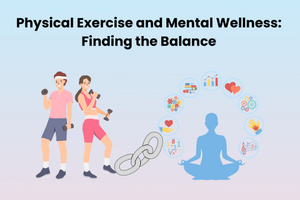This post discusses mental health.
- If you or someone you know is struggling or in crisis, help is available. Call or text 988 or chat at org. To learn how to get support for mental health, drug or alcohol conditions, visit FindSupport.gov. If you are ready to locate a treatment facility or provider, you can go directly to FindTreatment.govor call 800-662-HELP (4357).
- S. veterans or service members who are in crisis can call 988 and then press “1” for the Veterans Crisis Line. Or text 838255. Or chat online.
- The Suicide & Crisis Lifeline in the U.S. has a Spanish language phone line at 1-888-628-9454 (toll-free).















 Stress in the workplace is the body's response to the demands and pressures encountered in professional situations. It can manifest as acute stress, which is short-term and often related to specific events, or chronic stress, which persists over a long period due to ongoing challenges.
Stress in the workplace is the body's response to the demands and pressures encountered in professional situations. It can manifest as acute stress, which is short-term and often related to specific events, or chronic stress, which persists over a long period due to ongoing challenges. 
















